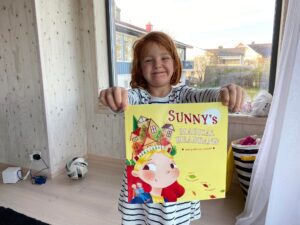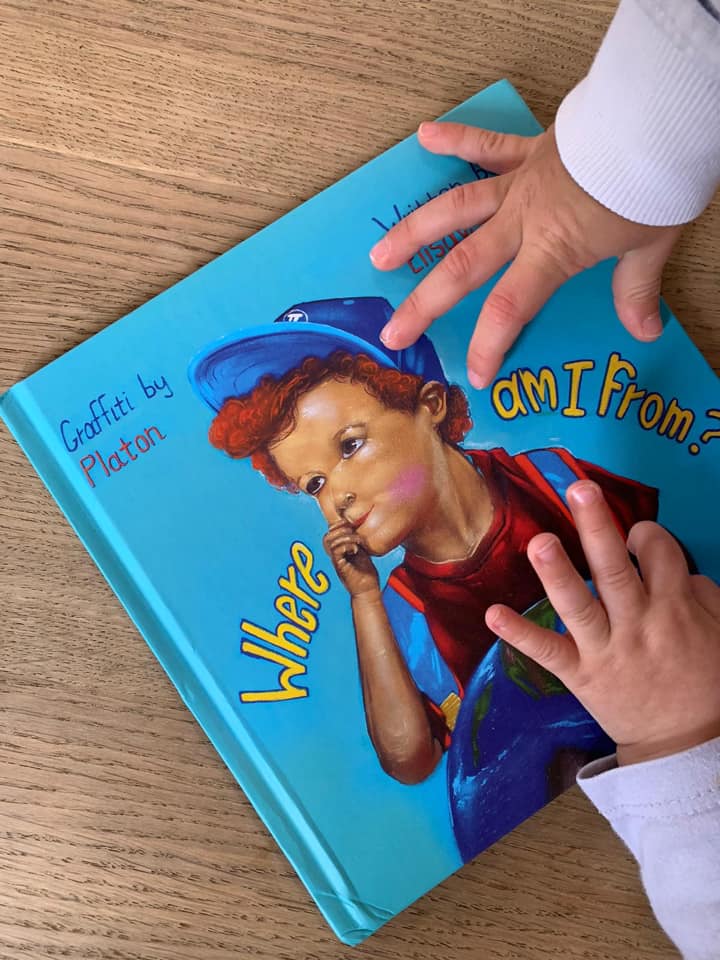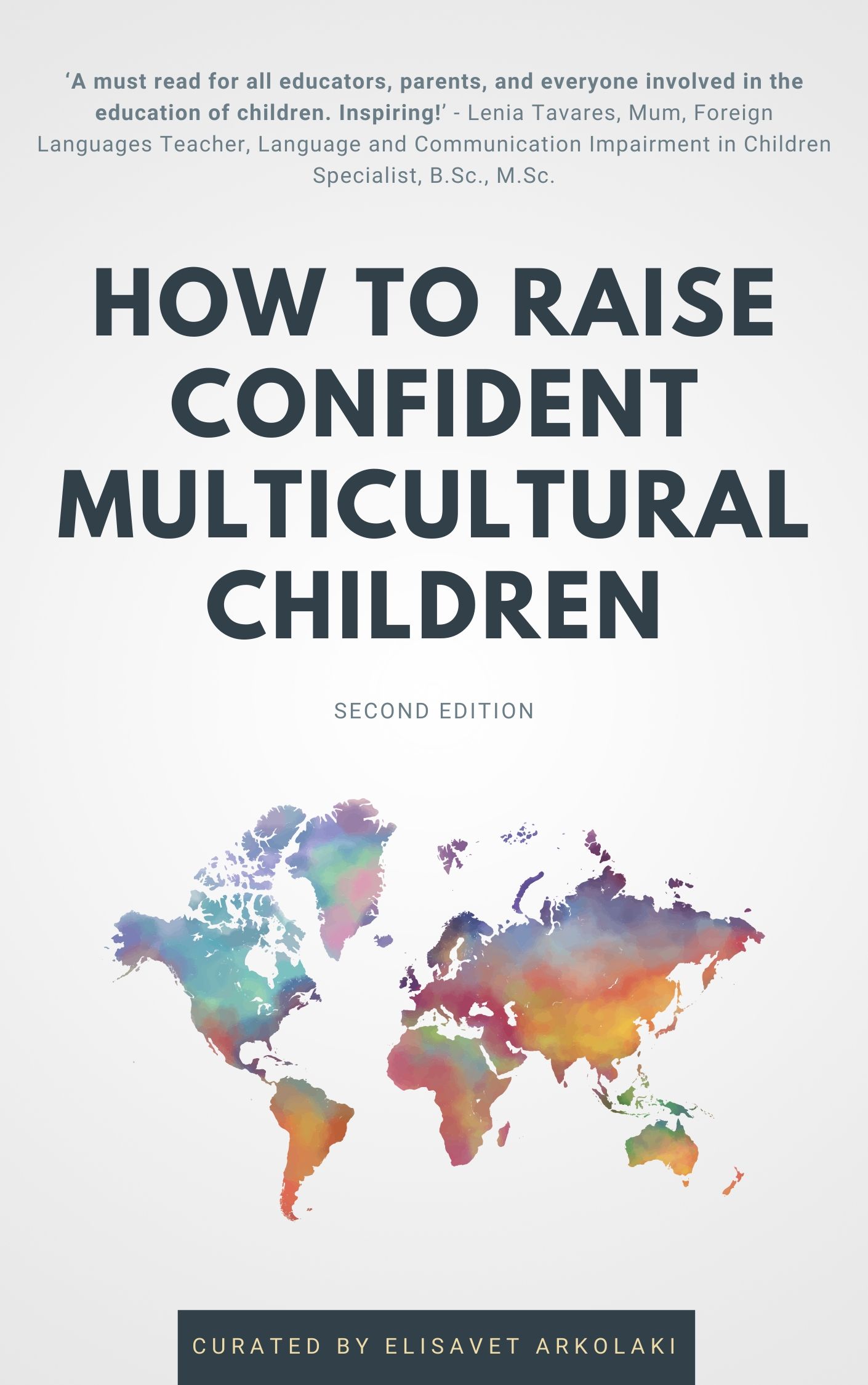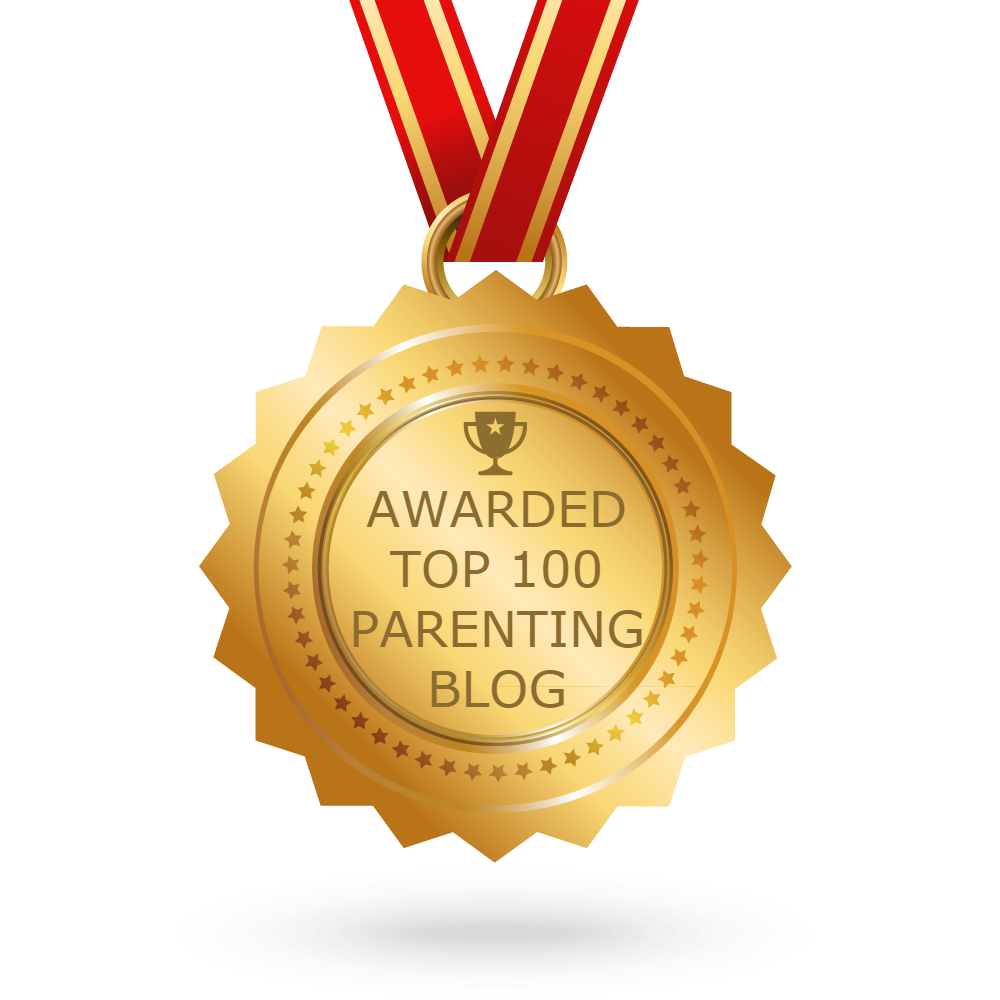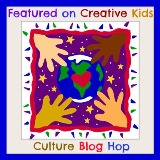Interview with Kirsten Spiteri, award-winning author of young adult books
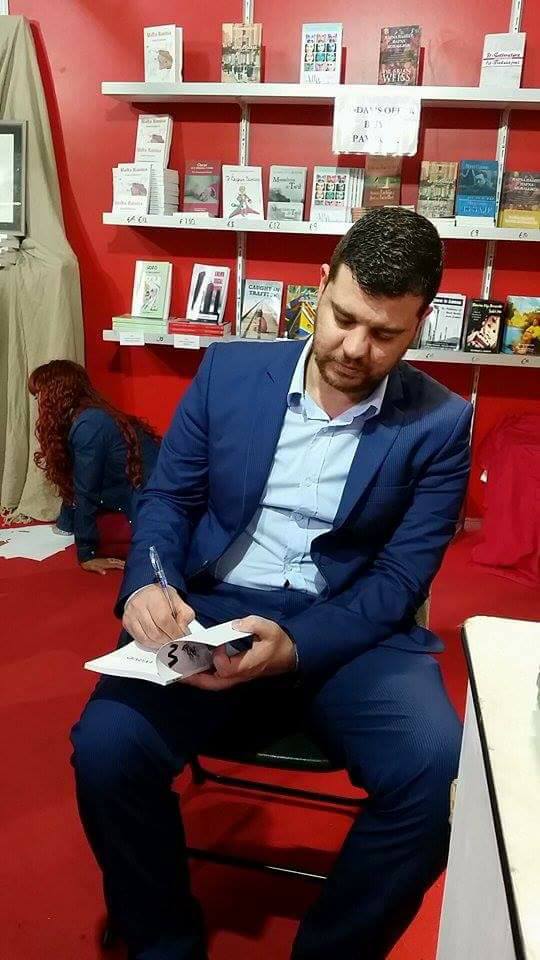
Kirsten Spiteri, is a Maltese science-fiction / fantasy writer. He is the winner of the Young-Adult Category of the 2017 London Book Festival with his debut book, The Wave (link to the book) whereas he also got an Honorable Mention in the same category with his second book Far From Home! He also won an incredible 5 honorable mentions in the New York, San Francisco, Los Angeles, Amsterdam & Paris book festivals. Definitely an author to introduce to your teenage kids (13+ years old)!
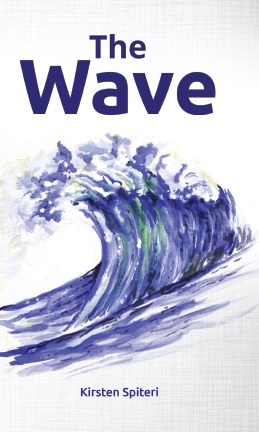
The Wave is set after World War III which has left the world as we know it unrecognisable. The United States and European Union using nuclear and atomic weapons have destroyed most of the earth’s surface, with just a few islands remaining. Survivors name this terrible period in history, The Wave. Berk is a young man alone fighting for survival on an island when he is rescued and learns that the world that awaits him is vastly different than the one he knew before. The society he faces makes him feel more imprisoned than safe. While there are no police, everyone around him is willing to spy on one another and report him to the New World Order in exchange for a few privileges. Only Pirate, an older man who builds boats, sides with him and together they join forces to survive their altered universe.
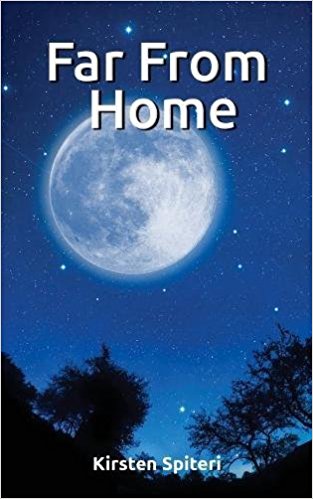
Far From Home is about Rob who awakens in a cave in Buskett, frightened, with no memory of who he is or where he came from. Sensing that he is different, people he encounters feel threatened by him and he knows he is in grave danger. The world he finds himself in is vastly different than his own, they hurt animals, steal and lie. The Bondins, a Maltese family shelter him despite great danger to themselves. He must find a way to get back to his own world, his own family, before it’s too late.
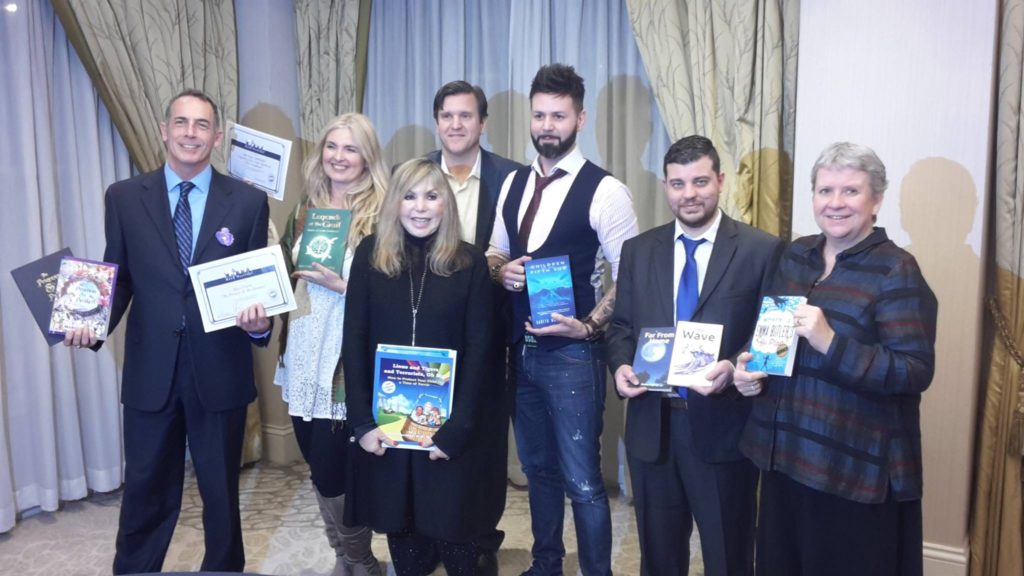
Your books deal with difficult subjects. Why did you decide that the protagonists, who are challenged with reversed environments and thrive through them, could and should be teenagers?
Teenagers are both old enough to interact meaningfully with the adult-world, and young enough to still be influenced by new ideas. That means that their personalities can be easily moulded by the major events of the story.
Rob, the main character of ‘Far from Home’ is wondering ‘Who am I?’. Do you think that by reading your books, adolescents would be able to get closer to their own self-identity?
Self-Identity is a way of thinking about oneself that emerges mainly during adolescence. A firmly established self-identity also provides a sense of uniqueness as a person. The development of self-identity occurs throughout a lifetime. However, for teens, for the first time in their life, they begin to wonder about who they are and the reasons for that. Therefore, I think that the ideas expressed in my books can help adolescents think about how they perceive themselves.
Mark Twain had said ‘Those who don’t read good books have no advantage over those who can’t‘. What’s your interpretation of this adage?
Twain was obviously saying that a literate person who doesn’t read books has no advantage over the illiterate person. But the real question is, what he meant by “good books?” The adjective “good” in this context is subjective. It is one of those adjectives (like beautiful), which meaning entirely depends on the reader. For me, a good book is a book that can help me see the world from a different perspective.
According to a survey, the majority of the Maltese population don’t read books. On the other hand, there’s too much focus on academics and not so much on reading books for pleasure. What’s your take on this?
The problem is the Maltese Education System, which is moulded after the British Education System. These education systems don’t prepare students for life, but for work. Schools are centred on academic achievement. That is why there is too much focus on academics, and not so much on reading books for pleasure. The result is a Maltese population where the majority don’t read books after they have achieved their degrees.
How can we change this negative ‘reading for pleasure’ percentage and introduce the love of reading to our youth?
The best way is to tackle the problem from childhood and not when they have already grown up. We have to make sure that we raise literate children, by showing them that reading is a pleasurable activity, and that means, at its simplest, finding books that they enjoy, giving them access to those books, and letting them read. Use reading time as bonding time. As time when no phones are being checked. When the distractions of the world are put aside.
You’ve been writing since a very young age. What kept you going and not give up writing?
Mainly, my love for writing. However, many of my ex-teachers have encouraged me to write, and some good friends encouraged me when I was giving up.
You got a publishing contract with Faraxa Publishing, won a prestigious award with your first novel, and received honorable mentions with both your books. That’s truly amazing as it does not happen often! How does that make you feel and how do you see your future as a writer?
It makes me feel extremely satisfied. The Wave is my first novel, and in just a year, it received five honourable mentions, and won the Young-Adult category of the London Book Festival. It all happened so quickly, so unexpectedly, that I didn’t instantly realise what was happening. My future as a writer? Oh well, well… I have a dream, that one day, I will be earning my living through my words, mostly by making things up and writing them down.
What would you advise young kids and teenagers who love books and writing? How can they get started themselves with writing in Malta?
When I decided to take writing seriously, I participated in a writing competition organised by The Writers Club. I remember the theme was ‘The Desert’ and also remember I didn’t do well. But I received professional critique from three established local authors, and that helped me a lot. I suggest aspiring authors to do the same, to test themselves. I like to attend to local literary events to keep myself informed, and also discover some new initiative. I particularly like the Malta Book Festival (November), and the Malta Mediterranean Literature Festival (August), but there are others.
What’s coming next for Kirsten?
The world, chico, and everything in it… No, hahahahaha… That’s just a quote from one of my favourite films – Scarface. It’s what Tony Montana tells his friend Manny Ribera whilst driving. Seriously now…. I submitted my third novel to Faraxa Publishing, and it might get published next year. In the meantime, I started writing the fourth one.
You stated in the article ‘The importance of reading fiction‘ that ‘We have an obligation to make things better, beautiful. Don’t leave the world uglier than we found it.’ How are you making our world, your world, a better place through your words?
The protagonists of my books are often feared and persecuted because of their astonishing abilities or extra-terrestrial origins, and I use this as a clear metaphor for racism and other types of prejudice. Another recurrent theme in my books is that good people deserve to escape to a place worthy of them, and in fact, the endings are phenomenally optimistic.
Thank you Kirsten, and we’re looking forward to read more from you!
PS. A giveaway where you can win a copy of The Wave is coming soon!!!! Stay tuned!!!
Category: Interviews










